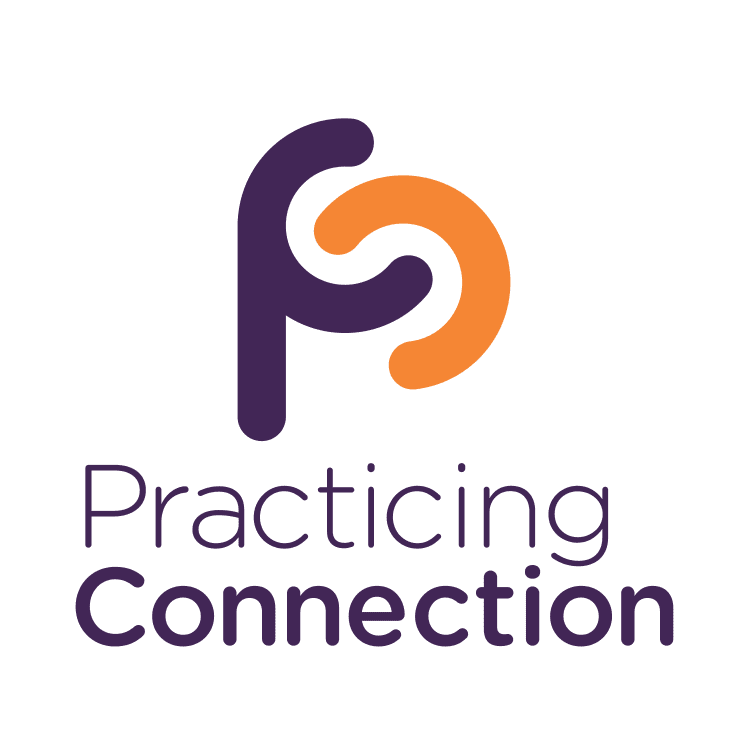(Season 5, Episode 19)
Finding your character strengths can help improve your life and emotional well-being, as well as meet the challenges and difficulties you are facing.
Some frameworks and assessments for identifying our strengths focus on workplace performance, but Character Strengths can be applied to any situation, leading to positive emotions, engagement, meaning, positive relationships, and accomplishment.
In this episode, Jessica Beckendorf tells us more about Character Strengths and guides us through a practice to help us find our strengths.
Links
- The VIA Classification of Character Strengths and Virtues
- Leveraging Your Character Strengths to Live a Life of Meaning (Army Directorate of Prevention, Readiness and Resilience)
- Listening for Strengths and Values (Practicing Connection podcast)












